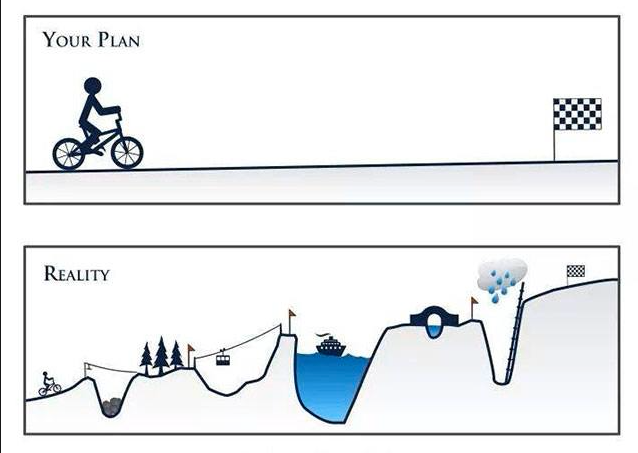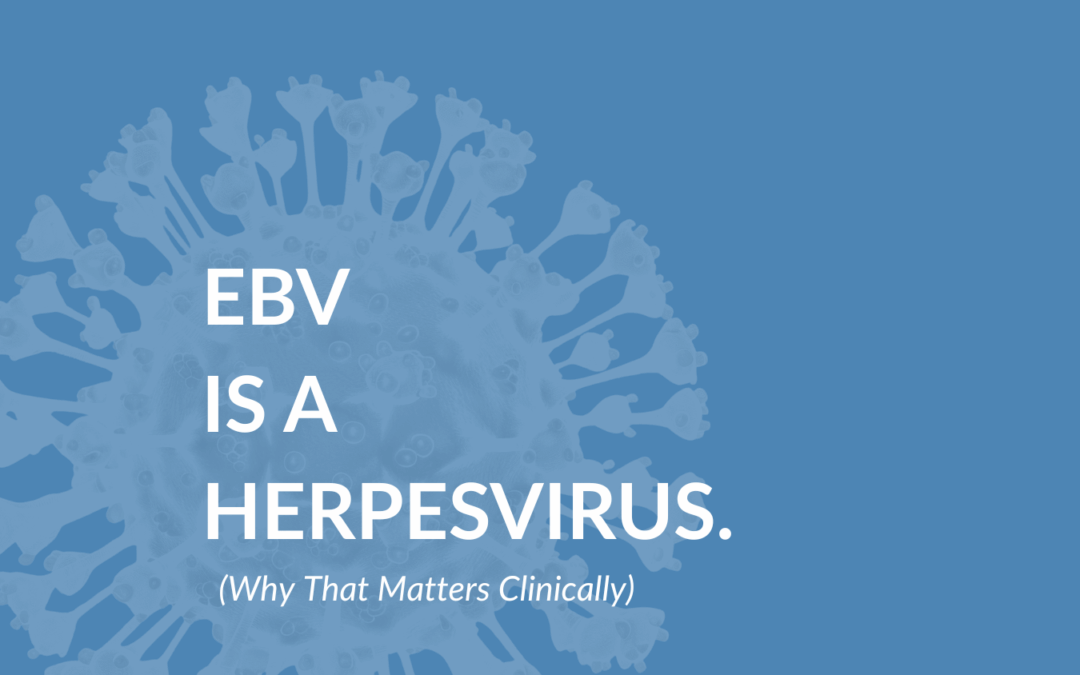Today I want to talk about something very common.
I make a point of discussing this with new patients usually in the first or second appointment, but there’s so much information at that stage that this one often gets forgotten until it happens.
The road to health, especially if you have been sick for a long time or have a complex case, is never a straight line. It is often slower than we would like, and the most common trajectory is more of a cha cha cha with some steps forward and some steps back and some steps sideways too.
Experiencing a side step or a back-step when you have begun to heal is often really demoralising.
The emotions that come up are often disproportionate to the physical setback, at least it may seem this way to the outside observer.
Living with a chronic illness weighs heavily on a person. There is often a lot of fear for the future, sadness or anger and resentment about missing out on important events or social situations due to pain or fatigue and a pervasive sense of loneliness that comes from being different to your family and friends or just the general sadness about being unable to live a normal life and do normal things such as work, or go to the grocery store or a movie without thinking about it. It’s hard.
When you start to get better, suddenly there is hope. And hope is a wonderful thing. It paints the future with light. Having some energy, being able to think clearly or having a reduction in pain makes a tremendous difference to quality of life and also to perspective.
They say when you are healthy, that you want so many things: new purchases, holidays, goals at work, new hobbies. But when you are sick, you only want one thing – to be healthy. And when that single thing feels like it might be attainable after a period of being afraid that it may never be, well the world is a different place.
Setbacks are hard
When you stop progressing, or even worse, when you experience a setback of some kind and some symptoms return, they can return with a tidal wave of emotion, often headed by fear and / or depression. All of those fears for your health and for the future, that you had allowed yourself to lay aside come rushing back and they may come with negative self talk and pessimism on the side.
First of all, this is very very common. I see this regularly in my chronically ill patients (and sometimes their families also) during their recovery process. It is important to acknowledge these fears and feelings and also to recognise that what you are feeling and thinking may not be an accurate portrayal of the situation.
Setbacks are actually really important
Setbacks on the road to recovery are an important part of the process. They teach us many things and I am going to discuss two of the most important now.
One big thing we learn
One big thing that we learn is the relationship between our triggers and our health. It’s all very well and good for me to say “Even just a little bit of gluten or dairy (or insert trigger food here) is enough to create a significant amount of inflammation, and this can last for weeks, or even months”. Or “Sleep is critical to healing, especially as it has such a profound effect on the immune system for those with an autoimmune disease”. Or “Stress is the deal breaker for your health, if you don’t take steps to reduce stress or purposefully relax and unwind, then having a healthy diet and the perfect supplement routine is not going to be effective”.
I can say these things and you can hear me and logically understand what I am saying, but if you start to get better, and so you relax a little bit into an old pattern and your health relapses or you get a flare of symptoms, you will learn in a completely different way the real connection between your health and your choices. And this learning experience is a critical part of changing your patterns long term. It makes is much much easier to continue to make health-promoting choices and to avoid situations, foods or behaviours that erode your health. It is a valuable learning experience and for that reason it’s actually an important part of the journey.
Another important lesson
Another important lesson we learn during setbacks, is that unlike the past when poor health seemed unrelenting, setbacks pass. You may have a bad day or two or even week or two, but when you come out the other side of that and feel better again, and even continue to move forwards, you will see that even on a bad day, health is still there in front of you and your future is still an optimistic one. This is critical because this lesson helps us to change our mindset and also our approach to obstacles.
We no longer need to feel helpless when it comes to our health, instead we learn that either we take action and make the changes necessary to overcome the obstacle, or we are patient and practice good self care until the crisis passes and we can continue, all the while with the comforting certainly that it WILL pass.
Either way, the mental shift from hopeless to positive in the face of a setback is one that may only happen from the experience of falling down a couple of times and learning to trust that there is an ‘up’ on the other side.
A blessing in disguise?
When you are deep in it, it is hard to see a setback as a blessing. However, they happen to everybody, and they are as much a part of the healing process as actually feeling better is.
When you are in crisis mode, take the time to write down how you are feeling, as sometimes just unburdening yourself onto paper is enough to lighten the load. Also, be very good to yourself. Take long relaxing baths, read a good book, eat nourishing, health-promoting foods and sleep as much as you need to. All of these things will help you to feel better in the short term, but also reinforce your long term health and help you come out the other side and back on track again too.
Health education is about making CHANGES to your lifestyle which, in turn, can contribute to making you feel well again. If you’d like to learn more about creating new long-lasting healthy habits, I encourage you to take a look at my Foundations of Health Program.
If this article resonates with you, you may also like to read this one, about the stages of grieving dietary changes.
If you’re ready to dive in with us and start your health restoration journey,, book a consult with me here.
Want to hear more? Sign up for my newsletter for monthly information including updates, new blogs, recipes, and recommendations for podcasts and books that I have enjoyed each month and more.






